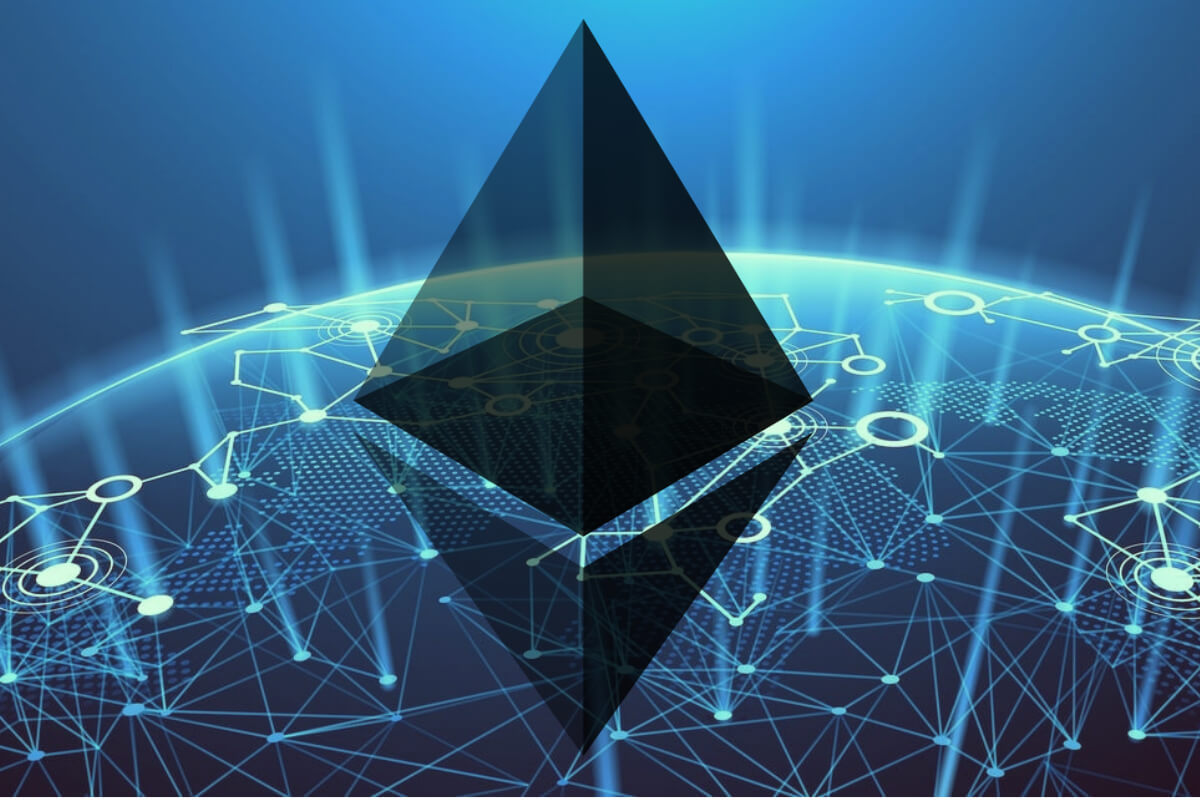

At the time of writing, only 46% of Ethereum nodes are ‘ready’ for Ethereum’s Constantinople upgrade.
The data is taken directly from the Ether nodes API. In the table below, you can see the total number of nodes and also the number of nodes running under either the Parity or Geth clients.
| Node Clients | Node Count | % of Total Nodes |
| ParityForkReady | 410 | 12% |
| ParityForkNotReady | 509 | 15% |
| GethForkReady | 1127 | 34% |
| GethForkNotReady | 1242 | 38% |
| Total Nodes | 3288 |
As you can see from the data, only 46% of the total nodes are sending the ‘ready’ signal. For the enterprise nodes (Parity), we can see that around 45% of them are ready, compared to just under half of the Geth clients. The Parity client is used in more enterprise applications and Geth is used by more consumer applications (like Ethereum wallets).
Twitter user Parthasarathy R commented on the data to say that if the “nodes don’t upgrade, it just means that fewer nodes are on the new chain.”
The Ethereum enthusiast didn’t really see the lack of updating nodes as an issue, but for me, if an upgrade does happen with fewer nodes all in sync, then this could over time become a possible vulnerability on the network.
I have seen no evidence yet that the lack of ‘ready’ nodes would lead to a chain split at the time of the upgrade.
Constantinople is the name of Ethereum’s next system upgrade. It is part of the multi-step journey towards the Serenity upgrade (which is looking to implement a proof of stake protocol switch).
The upgrade was agreed on December 6th 2018 after Ethereum core developers voted for it to be implemented at Ethereum block height 7,080,000. The estimated date for the upgrade is January 16-17th.
The Constantinople upgrade will impact changes to the Ethereum protocol via five Ethereum Improvement Proposals (EIPs).
EIP 145: Bitwise Shifting Instructions [efficiency and speed]: This improvement means the execution of shifts in smart contracts will be ten times cheaper.
EIP 1052: Smart Contract Verification [speed and energy]: This change allows for smart contracts to verify one another by pulling just the hash of the other smart contract.
EIP 1014: CREATE2 [scalability]: This upgrade improves the enablement of state channels, an Ethereum scaling solution based on off-chain transactions.
EIP 1283: SSTORE [cost]: This change will reduce the gas cost for the SSTORE operation. This reduction enables multiple updates to occur within a transaction more cheaply.
EIP 1234 Block Rewards & Difficulty Bomb Delay [the big one]: This is the big change for the network. It is comprised of two components: block reward reduction (from three to two ETH) and difficulty bomb delay.
Today, when a miner succeeds at mining a block on the Ethereum network, they receive three ETH as a reward. After the Constantinople upgrade, miners will receive two ETH per block as a reward. This reduction from three ETH to two ETH is being labelled as the ‘thirdening’.
This is not Ethereum’s first block reward reduction. The Byzantium upgrade in late 2017 reduced the reward from five ETH to three ETH on the network.
The reduction in ETH rewards over the years is part of an effort to reduce the inflation of Ether. This is a key part of the overall value proposition for the network and a key element of the platform’s incentivised game theory and ‘tokenomics‘.
Ethereum is also not the only network to implement this strategy. Bitcoin halves its block reward every 210,000 blocks (or roughly every four years) towards its eventual cap of 21 million Bitcoin. Today, the Bitcoin block reward is 12.5 new BTC each block, with the next block reward reduction scheduled for 2020.
The total supply of Ether does not yet have an established limit, but this second major reduction in the block reward for the protocol takes it a step closer to shifting the money-making power between the miners and holders of the ETH token.
Denver, Colorado, 24th February 2025, Chainwire
Denver, Colorado, 20th February 2025, Chainwire
Washington, D.C., 18th February 2025, Chainwire
Dubai, UAE, 27th January 2025, Chainwire
Those who enter the market at this time may be surprised to hear that Bitcoin…
George Town, Grand Cayman, 22nd November 2024, Chainwire